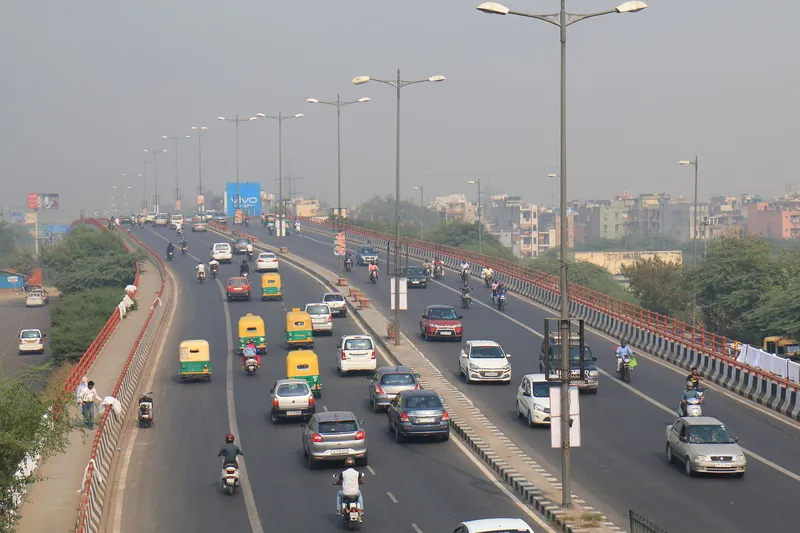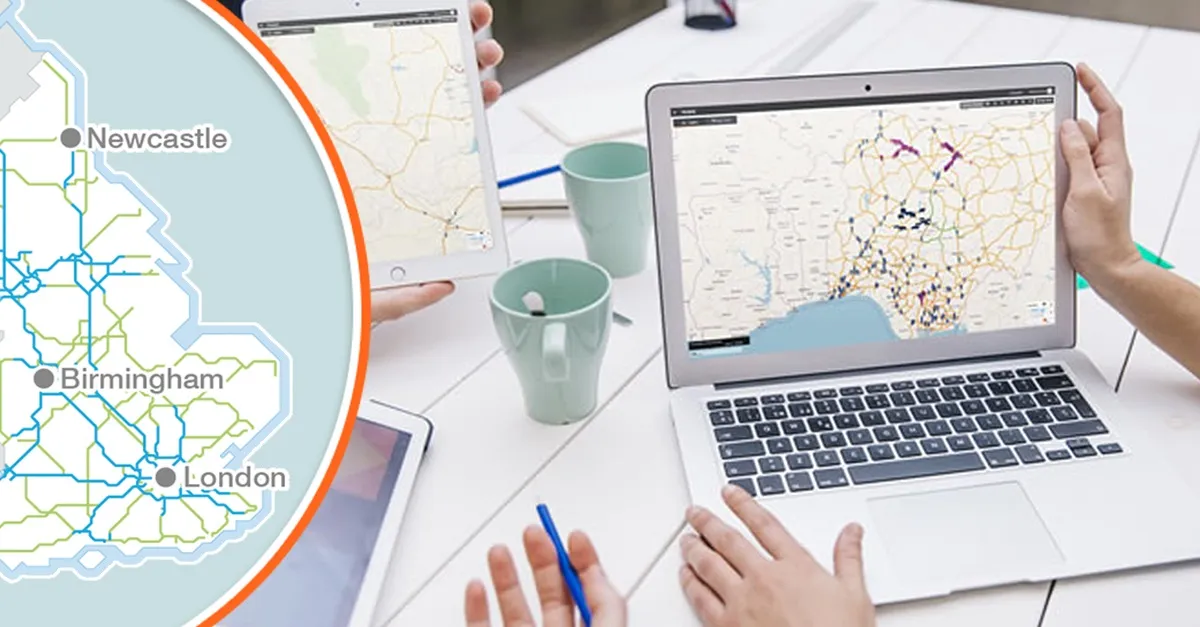Cubic Transportation Systems (CTS) and its subsidiary Urban Insights are to collaborate with MasterCard on the Urbanomics Mobility Project, a new data analysis platform to fuel smarter, more inclusive cities.
The initiative leverages Urban Insights’ state-of-the-art big data analytics and visualisation technology; Cubic’s expertise in processing more than US$24 billion per year in public transportation revenue; and powerful spending trends and insights derived from 43 billion transactions processed over
September 16, 2015
Read time: 2 mins
The initiative leverages Urban Insights’ state-of-the-art big data analytics and visualisation technology; Cubic’s expertise in processing more than US$24 billion per year in public transportation revenue; and powerful spending trends and insights derived from 43 billion transactions processed over the MasterCard network each year. The tool will help urban planners and commercial developers better understand the relationship between how people travel and what they buy.
The Urbanomics Mobility Project targets transit, urban planning and public service agencies; land-use authorities; city and regional governments; real estate developers; and merchants and other commercial businesses involved in site selection and development.
For urban planners, the prototype shows how the platform brings together public and private data in a way that, until now, was not readily available in a useable way for planning purposes. Urban Insights, Cubic and MasterCard will be working closely with city stakeholders to understand their needs as they develop, enhance and commercialise the joint solution.
“This is a very deliberate smart city initiative between two industry leaders - combining their unique resources and knowledge to create a new data analysis platform for planning smart cities, growing their economies and putting in place critical transportation infrastructure and services,” said Dan Collins, general manager of Cubic’s Urban Insights.
“An essential step in enabling smarter cities is to step-up the use of data available from multiple sources in order to help city leaders and planners make smarter decisions,” said Hany Fam, executive vice president, Enterprise Partnerships, MasterCard. “By combining our respective analytics and insights, we’ll be able to deliver a more holistic, up-to-date picture of how well an urban transport network enables access to services, retailers and attractions, making life better for residents and visitors.”
The Urbanomics Mobility Project will officially be previewed during Smart Cities Week in Washington, DC from 15-17 September.









